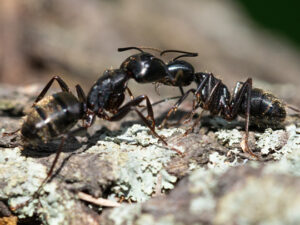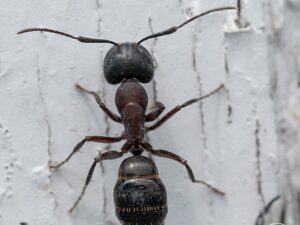
There exists nearly 2,000 documented scorpion species in the world, and they vary in size as well as venom-strength. Generally, scorpion species that are relatively small-bodied possess the most potent forms of venom, and the largest species possess less potent venom. However, the scorpion species that is commonly known as the Arabian fat-tailed scorpion possesses one of the most potent venoms yet discovered, and it happens to be terrifyingly large as well. The venom that this species produces can cause serious medical issues when transmitted to humans. These medical issues include hypertension, seizures, coma and sometimes death. Despite the acute toxicity of this species’ venom, one man living in Turkey has been breeding and raising these scorpions since the age of six. Today, this man continues to breed thousands of scorpions within his own basement, and somehow, he is still alive.
The Arabian fat-tailed scorpion is officially known as Androctonus Crassicauda, which is a latin term that is ultimately derived from the greek word for “man-killer.” While this title may seem fitting for one of the most venomous scorpion species known to exist, it is also ironic, as the venom produced by this scorpion species is currently being studied for its life saving potential as treatment for cancer. The venom has also been used to create antidotes for stings inflicted by numerous species of scorpion.
For the past 35 years, Ali Yılmaz, a Turkish citizen, has been breeding scorpions for profit. For most of his life, Yilmaz bred scorpions in order to sell them to enthusiasts, but recently he has been breeding scorpions for medical research. Yilmaz suffered his first sting from a fat-tailed scorpion at the age of 12, and several more since then. In fact, Yilmaz has sustained so many stings that he now has an immunity to the venom. Yilmaz described his first sting as being unimaginably painful, and at the time, he was sure he would die as a result. This wound was successfully treated and now, after having developed an immunity following numerous subsequent stings, the Turkish health ministry wants his blood samples for research purposes, but he has yet to submit a sample.
If you were in Yilmaz’s shoes, would you submit a blood sample if it meant developing antidotes to scorpion stings?













